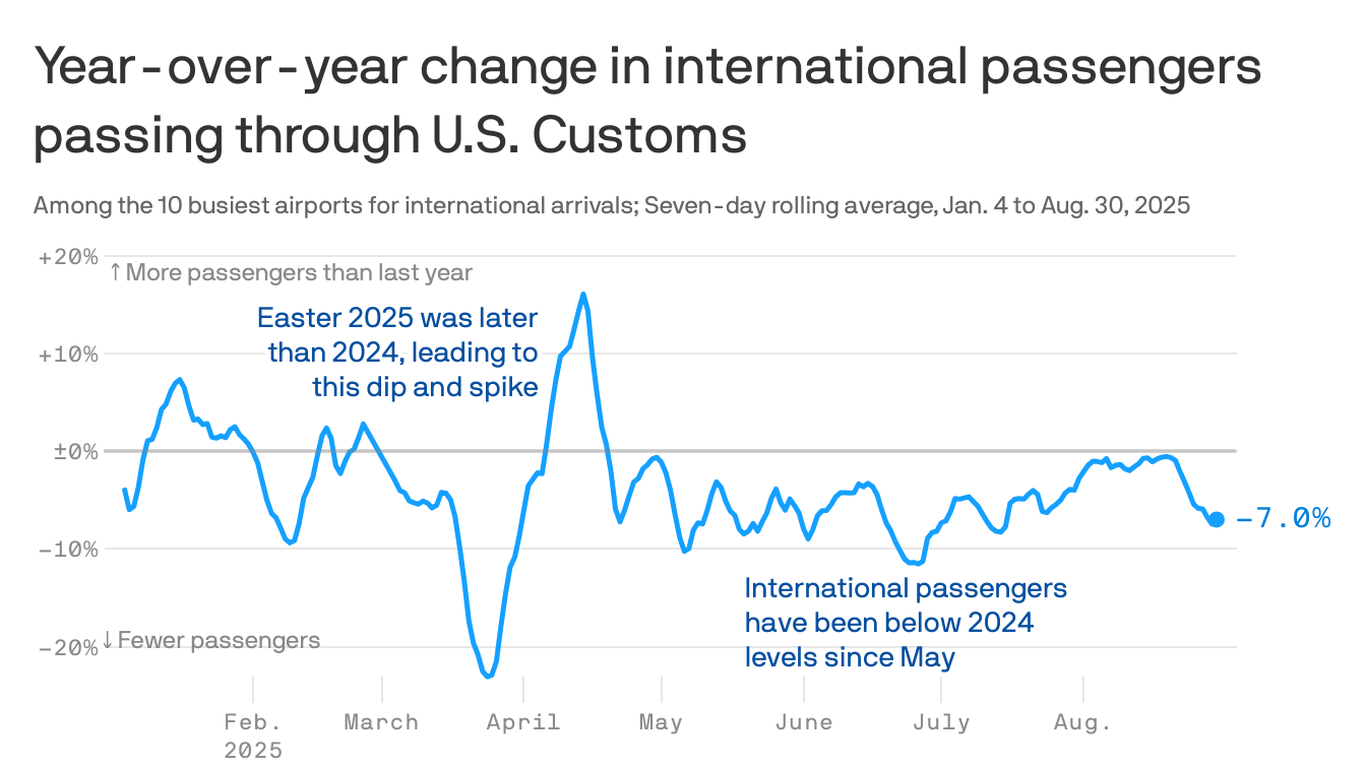The Negative Impact of Daylight Saving Time: A Stanford Study

Introduction
Daylight saving time has been a controversial topic for decades, with many people dreading the biannual clock changes. However, a recent study from Stanford University has shed light on even more reasons to hate this practice. Researchers in California have discovered that eliminating daylight saving time could have numerous health benefits for individuals and society as a whole.
Key Details
The study found that the seasonal clock changes disrupt our natural circadian rhythm, leading to increased sleep deprivation and health issues. The researchers also noted that the time changes can have a significant impact on the economy, with a decrease in productivity and an increase in workplace accidents after the spring forward change. Additionally, the changing of the clocks can cause confusion and affect the safety of drivers on the roads.
Impact
The findings of this study provide strong evidence for the call to end daylight saving time. With potential benefits for public health, safety, and the economy, it is time for policymakers to seriously consider the negative effects of this practice. Not only would eliminating daylight saving time improve our overall well-being, but it would also remove the inconvenience and annoyance of having to adjust our clocks twice a year.
About the Organizations Mentioned
Stanford University
Stanford University, officially Leland Stanford Junior University, is a prestigious private research university located in Stanford, California, founded in 1885 and opened in 1891. It is widely recognized as a global leader in education, research, and innovation, especially influential in the fields of business and technology[1][2]. The university enrolls approximately 7,554 undergraduates and 9,915 graduate students, supported by a distinguished faculty of 2,345 members, including 20 Nobel laureates[1]. Stanford’s historical significance is deeply tied to the rise of Silicon Valley. Under President Wallace Sterling (1949–1968), it transformed from a regional institution into a top-tier university, earning the moniker "the Harvard of the West." Sterling’s administration was notable for relocating the Stanford Medical School to the main campus, establishing the Stanford Industrial Park (now Stanford Research Park), and fostering strong ties with government research programs. This synergy helped catalyze the development of Silicon Valley as a global technology hub[2]. Currently, Stanford manages an expansive 8,180-acre campus with over 600 buildings and supports more than 7,500 externally sponsored research projects, fueled by a $2.2 billion annual research budget. Its endowment, valued at $37.6 billion as of 2024, is one of the largest worldwide, with investment returns contributing nearly $2 billion annually to sustain academic programs, financial aid, and innovative research initiatives, including groundbreaking technologies and medical treatments[1][4]. Stanford is also at the forefront of educational innovation, exemplified by projects like Stanford 2025, which reimagines higher education to address evolving student needs in a changing global landscape. This initiative explores concepts such as lifetime learning and purpose-driven education, reflecting Stanford’s commitment to shaping future academic models[3]. Moreover, Stanford hosts the Stanford Institute for Human-Centered Artificial Intelligence (HAI), producing the influential AI Index report that tracks global AI development














